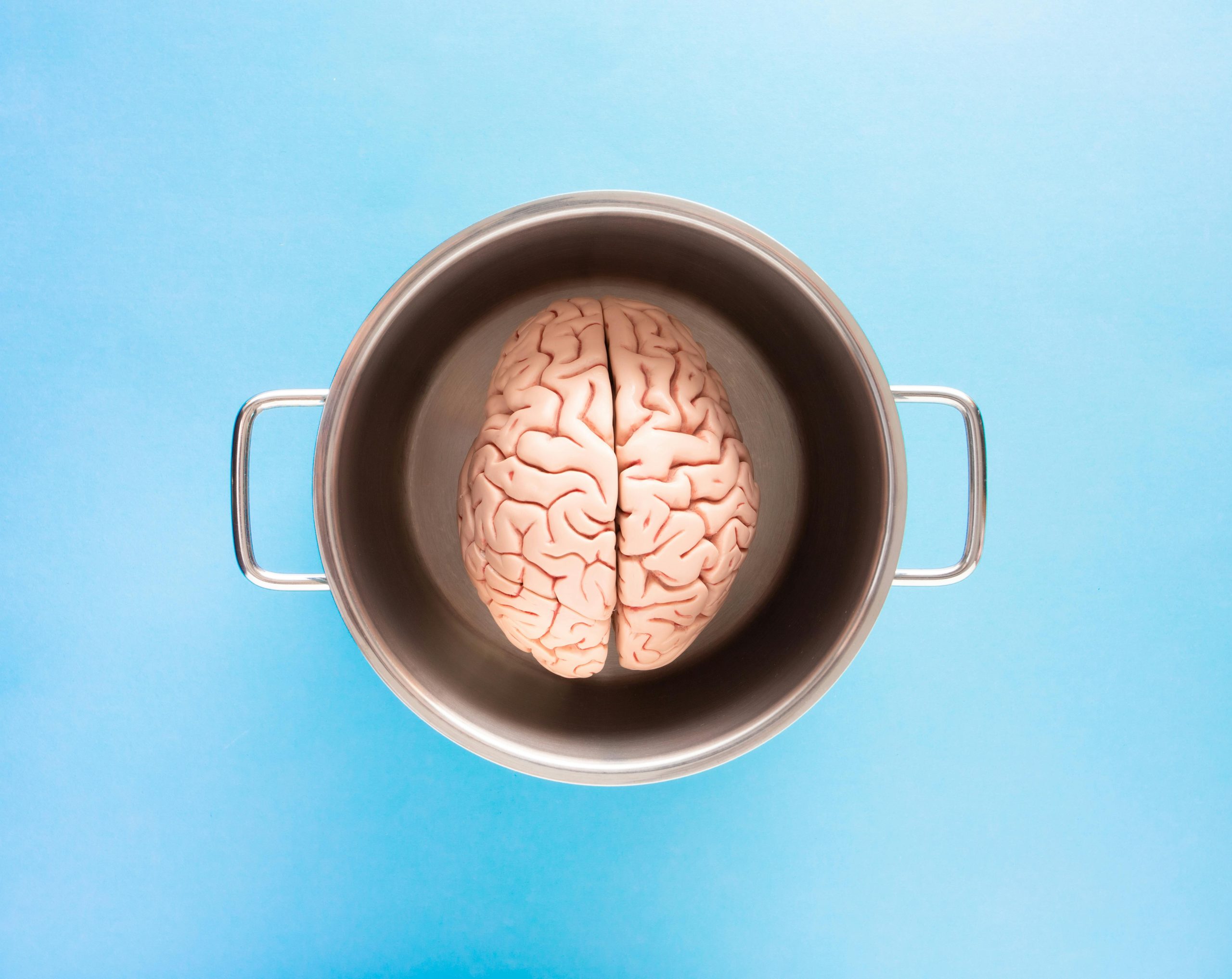How do you think AI will reshape the practice—and even the science—of psychology over the next decade?
The Future of Psychology: How AI is Set to Transform the Field
As we look towards the next decade, the integration of artificial intelligence (AI) in psychology stands to revolutionize both the practice and the science behind mental health care. With the advent of advanced language models generating therapeutic prompts, mobile applications tracking emotional well-being via smartphone sensors, and machine learning algorithms analyzing patterns in brain imaging, AI is making its presence felt across various facets of psychology. This surge of technology offers both exhilarating possibilities and some concerning implications.
Opportunities and Challenges Ahead
The potential benefits of AI in psychology are numerous. On one hand, we could see improved diagnostic speed and personalized treatment plans tailored to the individual needs of patients. On the other hand, there are risks associated with algorithmic bias, privacy concerns, and the potential burnout related to over-reliance on “robot therapists.”
Reflecting on these advancements, several key areas warrant discussion:
Clinical Practice
Will AI primarily enhance the role of human therapists—by automating tasks like note-taking, providing feedback on assignments, or managing crisis situations? Alternatively, is it feasible that AI might take over treatment for certain conditions entirely? The prospect of AI as a co-therapist raises questions about the balance between technology and the human touch in therapy.
Assessment and Research
What level of reliance should we have on AI systems that assert their capabilities in predicting mental health issues such as depression or psychotic episodes based on social media language or data from wearable devices? This opens up vital conversations about the limitations and accuracy of AI in mental health assessments.
Training and Employment
With AI taking on routine tasks—such as scripting cognitive-behavioral therapy (CBT) or scoring behavioral assessments—will we find that clinicians have more time for in-depth therapeutic work? Or will this technological shift result in a shrinking job market for newly minted psychologists? The implications for educational institutions and professional training programs are profound.
Ethics and Regulation
As we integrate AI into mental health care, who assumes responsibility when an AI-driven recommendation harms a patient? Moreover, how do we ensure that bias inherent in training datasets does not adversely affect vulnerable populations? Establishing ethical guidelines and regulations will be crucial to navigating this new landscape.
Human Connection
Finally, we must consider the question of human connection. At what point does AI’s simulated empathy become “good enough” for users, and when might the lack of personal interaction limit its effectiveness in therapeutic settings? Recognizing the value














Post Comment